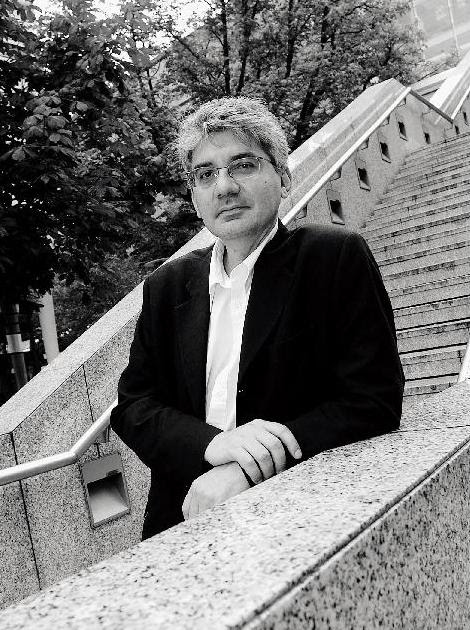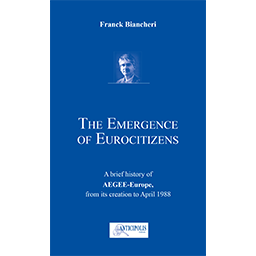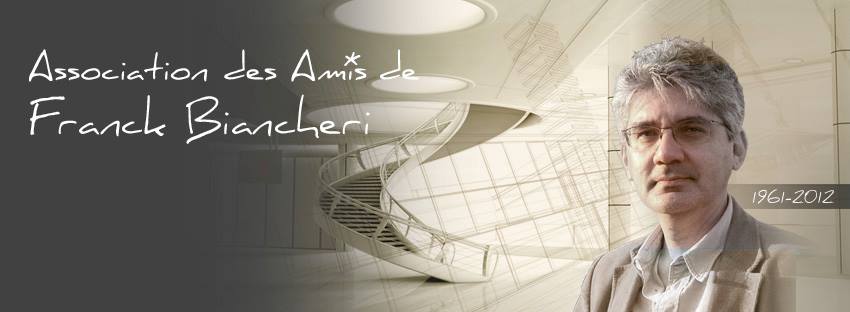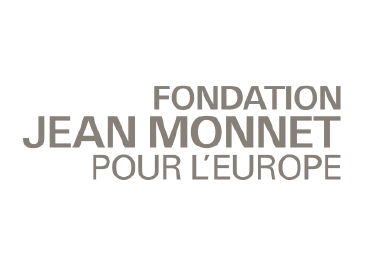[:en] The European Union is increasingly shaping Portuguese political life. It has created a political crisis in Portugal by calling on its Prime Minister, Mr Barroso, to become President of the European Commission. President Sampaio chose to preserve the country’s political stability by appointing the leader of the former Prime Minister’s party as the new head of government, while the opposition, winner of the recent European elections, wanted early parliamentary elections. The new Prime Minister, Pedro Santana Lopes, is not really unanimous, even within his party, where there is concern about a possible “Berlusconian” tendency and doubt about the duration of this new government. Many believe that the current European Commissioner, Mr Vittorino, will return to national political life in force after October.
The European Union is increasingly shaping Portuguese political life. It has created a political crisis in Portugal by calling on its Prime Minister, Mr Barroso, to become President of the European Commission. President Sampaio chose to preserve the country’s political stability by appointing the leader of the former Prime Minister’s party as the new head of government, while the opposition, winner of the recent European elections, wanted early parliamentary elections. The new Prime Minister, Pedro Santana Lopes, is not really unanimous, even within his party, where there is concern about a possible “Berlusconian” tendency and doubt about the duration of this new government. Many believe that the current European Commissioner, Mr Vittorino, will return to national political life in force after October.
The French will in the end vote via referendum for the adoption of the European Constitution. For months, Newropeans Magazine had been indicating that this would ultimately be France’s choice because the French wanted to express themselves directly on this issue. President Chirac therefore followed a good political instinct in announcing this measure yesterday. Now it remains certain that for the vast majority of citizens (and this is true throughout the EU), it will be the EU’s decision on Turkey in December that will determine their vote. The vote on the constitution will be a vote for the future of the EU; if Turkey is put on the agenda, people will simply say that they are not interested in that future. So, European leaders, think carefully because it is in December that you will win or lose the referendums on the Constitution. You should know that, as we discuss Europe with our fellow citizens, this Turkish issue is always more and more present and that people do not expect a “communication campaign” on the subject, because they have a very clear opinion: yes to a partnership with Turkey, no to its entry into the EU.
The image of the United States is not improving in Europe. Whether in Germany, France or Portugal in recent weeks, I have witnessed the trivialisation of two ideas that will influence the future of transatlantic relations. On the one hand, a large majority of people, and in particular young people, believe that the United States is now a declining power; on the other hand, they believe that the country’s fundamental problems (total dependence on oil, weakness of the education system, lack of widespread social security coverage, increasing influence of militarism) cannot be solved in the coming years, regardless of which party is in power in Washington. Many seem to expect a difficult relationship between the EU and the USA in the coming years. This proves that more imagination and effort are needed to avoid a “rupture” of the transatlantic link and that it is at the level of civil societies that the effort must be made.
Next field survey…. on the beaches of the Mediterranean! Only because it is there that we find the most Europeans per square metre in all nations combined.
Paris (France) – Juin 2004
[:fr] L’Union européenne façonne de plus en plus la vie politique portugaise. Elle a créé une crise politique au Portugal en appelant son Premier ministre, M. Barroso, à devenir président de la Commission européenne. Le président de la République, M. Sampaio, a choisi de préserver la stabilité politique du pays en nommant le chef du parti de l’ancien Premier Ministre comme nouveau chef de gouvernement alors que l’opposition, vainqueur du récent scrutin européen, voulait des élections législatives anticipées. Le nouveau Premier ministre, M. Pedro Santana Lopes, ne fait pas vraiment l’unanimité, même au sein de son parti, où l’on s’inquiète d’une possible tendance « berlusconienne » et où l’on doute de la durée de ce nouveau gouvernement. Beaucoup croit à un retour en force de l’actuel Commissaire européen M. Vittorino dans la vie politique nationale après octobre.
L’Union européenne façonne de plus en plus la vie politique portugaise. Elle a créé une crise politique au Portugal en appelant son Premier ministre, M. Barroso, à devenir président de la Commission européenne. Le président de la République, M. Sampaio, a choisi de préserver la stabilité politique du pays en nommant le chef du parti de l’ancien Premier Ministre comme nouveau chef de gouvernement alors que l’opposition, vainqueur du récent scrutin européen, voulait des élections législatives anticipées. Le nouveau Premier ministre, M. Pedro Santana Lopes, ne fait pas vraiment l’unanimité, même au sein de son parti, où l’on s’inquiète d’une possible tendance « berlusconienne » et où l’on doute de la durée de ce nouveau gouvernement. Beaucoup croit à un retour en force de l’actuel Commissaire européen M. Vittorino dans la vie politique nationale après octobre.
Les Français vont donc voter via référendum pour l’adoption de la Constitution européenne. Depuis des mois, Newropeans Magazine indiquait que ce serait in fine le choix de la France car les Français voulaient s’exprimer directement sur cette question. Le président Chirac a donc suivi un bon instinct politique en annonçant hier cette mesure. Maintenant il reste certain que pour l’immense majorité des citoyens (et c’est vrai partout dans l’UE), ce sera la décision de l’UE sur la Turquie en décembre qui déterminera leur vote. Le vote sur la constitution sera un vote pour l’avenir de l’UE ; si la Turquie est mise au menu, les gens diront simplement que cet avenir-là ne les intéresse pas. Donc Messieurs les dirigeants européens, réfléchissez bien car c’est en décembre que vous gagnerez ou perdrez les référendums sur la Constitution. Sachez qu’au fil des discussions sur l’Europe avec nos concitoyens, cette question turque est là, tout le temps, de plus en plus présente et que les gens n’attendent pas une « campagne de communication » sur le sujet, car ils ont une opinion claire et nette : oui à un partenariat avec la Turquie, non à son entrée dans l’UE.
L’image des Etats-Unis ne s’améliore pas en Europe. Que ce soit en Allemagne, en France ou au Portugal ces dernières semaines, j’ai pu constater la banalisation de deux idées qui vont peser sur l’avenir des relations transatlantiques. D’une part, une large majorité de gens, et en particulier les jeunes, estiment que les Etats-Unis sont désormais une puissance en déclin ; d’autre part, ils pensent que les problèmes fondamentaux de ce pays (dépendance totale envers le pétrole, faiblesse du système éducatif, absence de couverture sociale généralisée, influence croissante du militarisme) ne pourront pas être réglés dans les années à venir, quelque soit le parti au pouvoir à Washington. Beaucoup semblent s’attendre à une relation difficile entre UE et USA dans les prochaines années. Cela prouve qu’il faut redoubler d’imagination et d’efforts pour éviter une « rupture » du lien transatlantique et que c’est au niveau des sociétés civiles que l’effort doit porter.
Prochaine enquête de terrain … sur les plages de la Méditerranée ! Uniquement parce que c’est là qu’on trouve le plus d’Européens au mètre carré toutes nations confondues.
Paris (France) – Juin 2004
[:]





